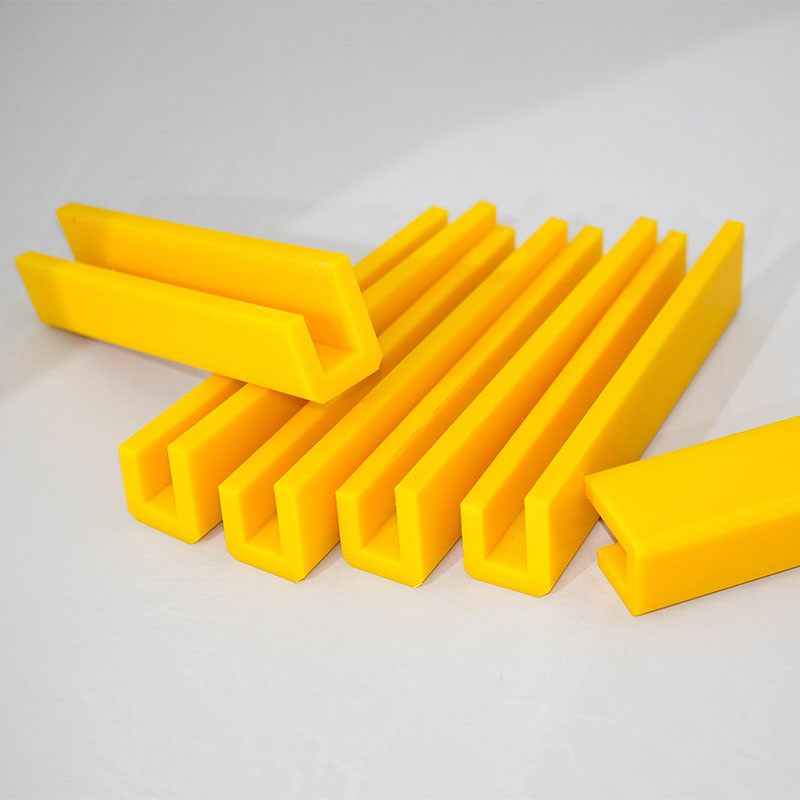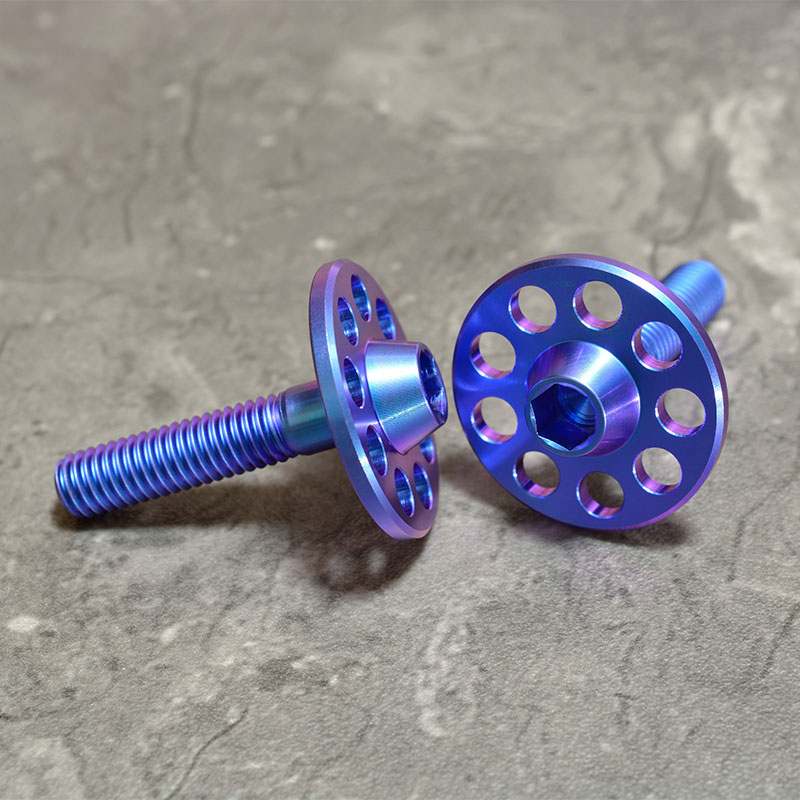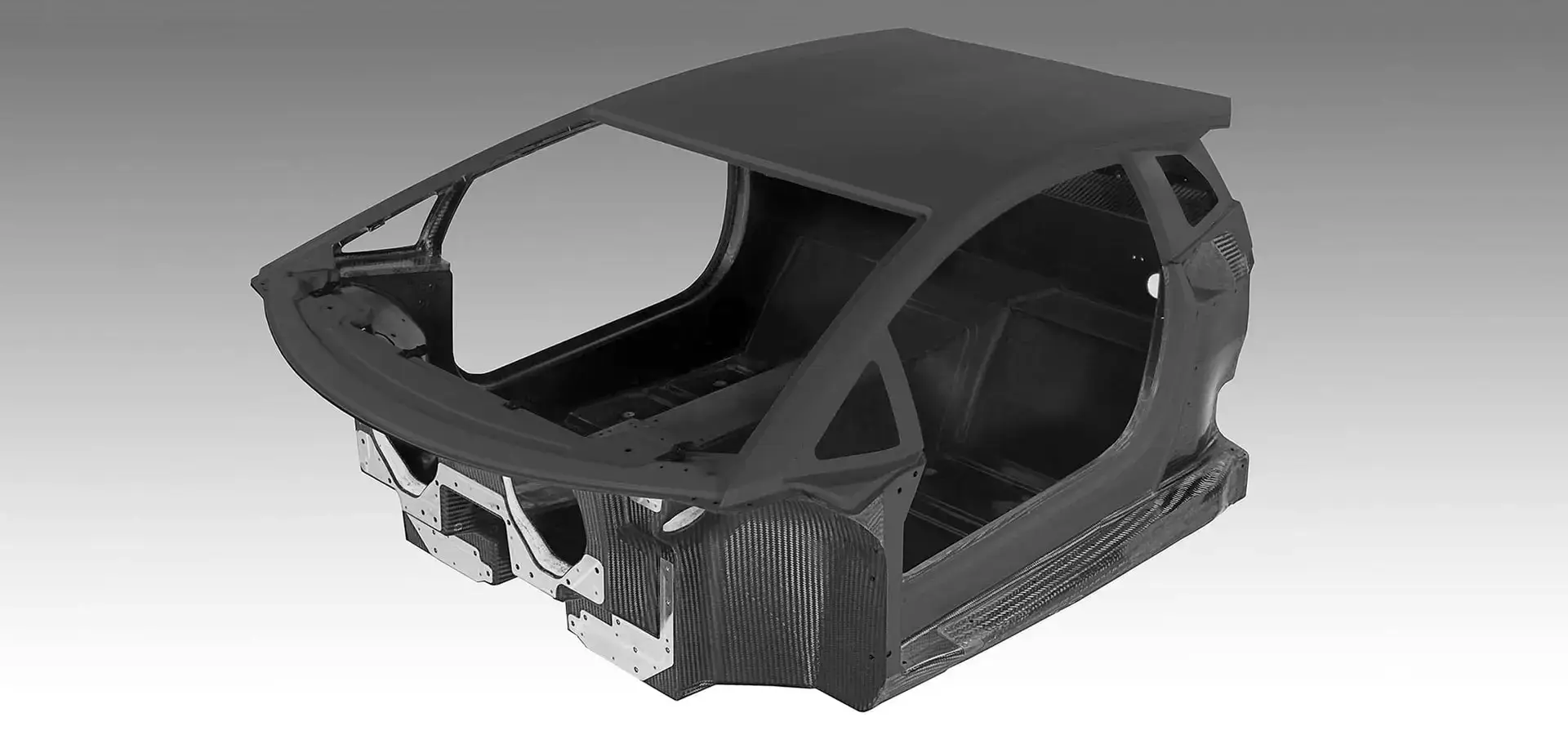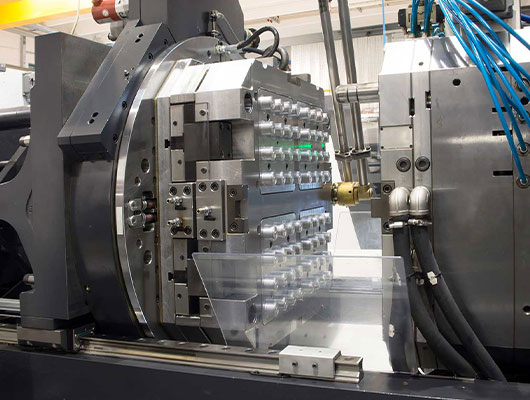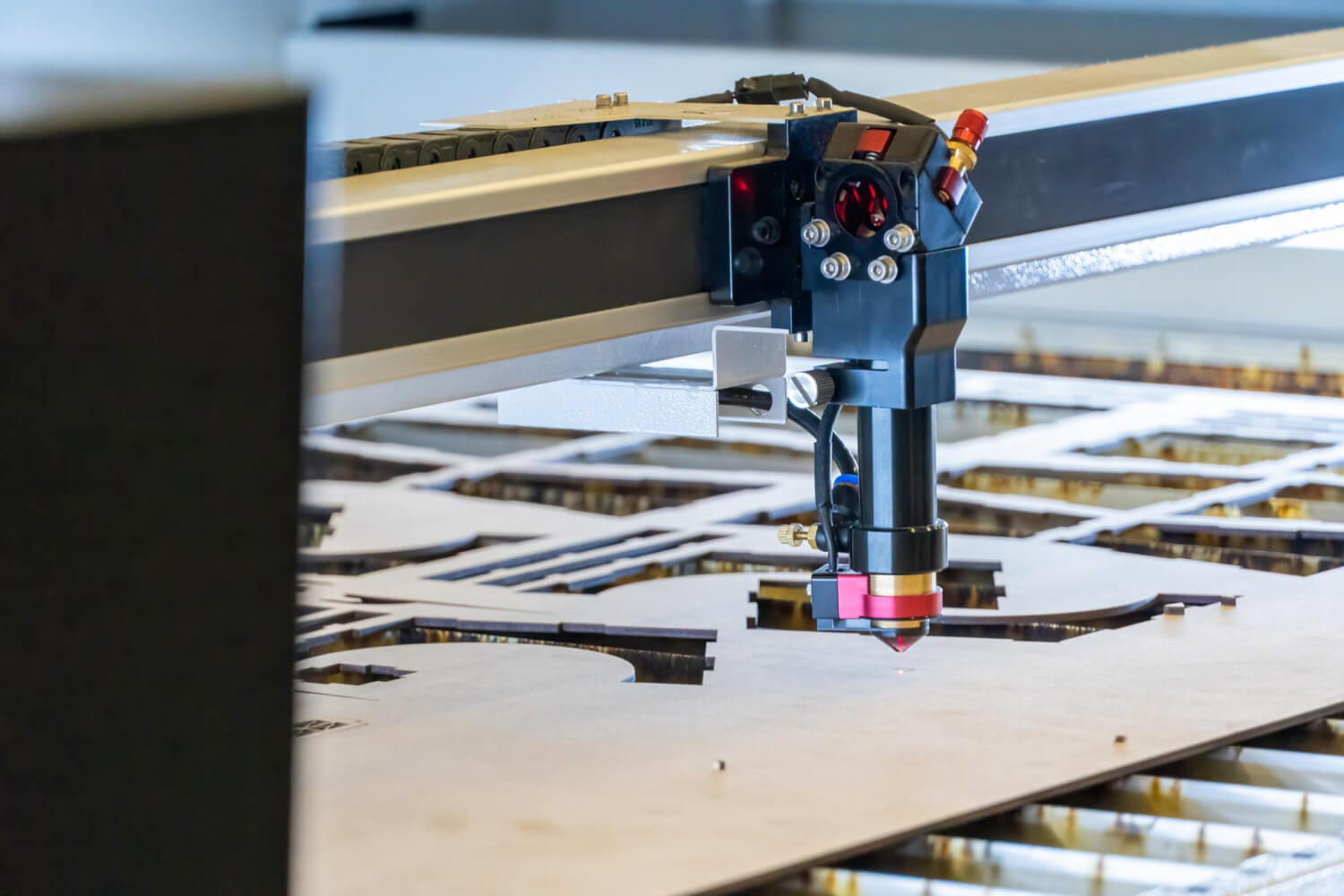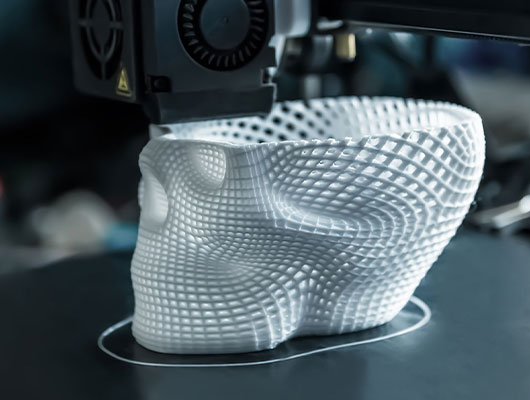Zirconia ceramics, or zirconium dioxide (ZrO₂), are renowned for their remarkable mechanical properties, including high strength, toughness, and wear resistance, making them a valuable material in numerous industrial applications. Often referred to as “ceramic steel,” zirconia offers a unique combination of hardness and fracture toughness, which is rare in other ceramics. These properties make it highly suitable for parts that must endure both high mechanical stresses and wear, such as cutting tools, bearings, and medical implants. Zirconia’s high density also contributes to its strength, while its low thermal conductivity provides excellent thermal insulation, making it ideal for heat-sensitive applications.
In addition to mechanical resilience, zirconia ceramics exhibit excellent chemical stability, meaning they are resistant to most acids and alkalis. This characteristic makes them suitable for chemically harsh environments, such as in chemical processing equipment or components exposed to corrosive substances. One notable feature of zirconia is its phase transformation toughening ability; it undergoes a phase change under stress, which helps to absorb and dissipate the stress energy, preventing crack propagation. This phenomenon enhances its toughness and makes it a preferred material for impact-resistant applications. Zirconia ceramics find wide application in aerospace, automotive, electronics, and healthcare industries. Despite their strength, zirconia’s inherent brittleness presents challenges in CNC machining, requiring specialized tools and methods to achieve precise results.



